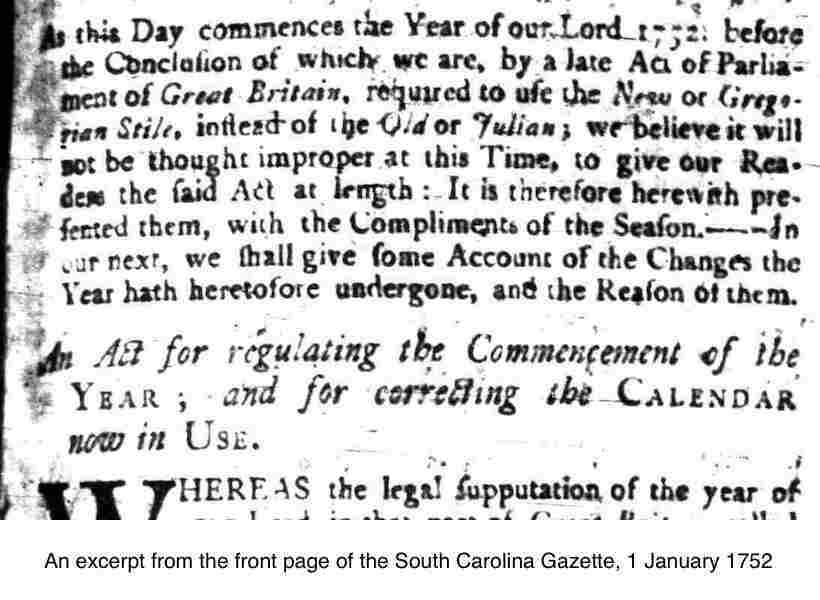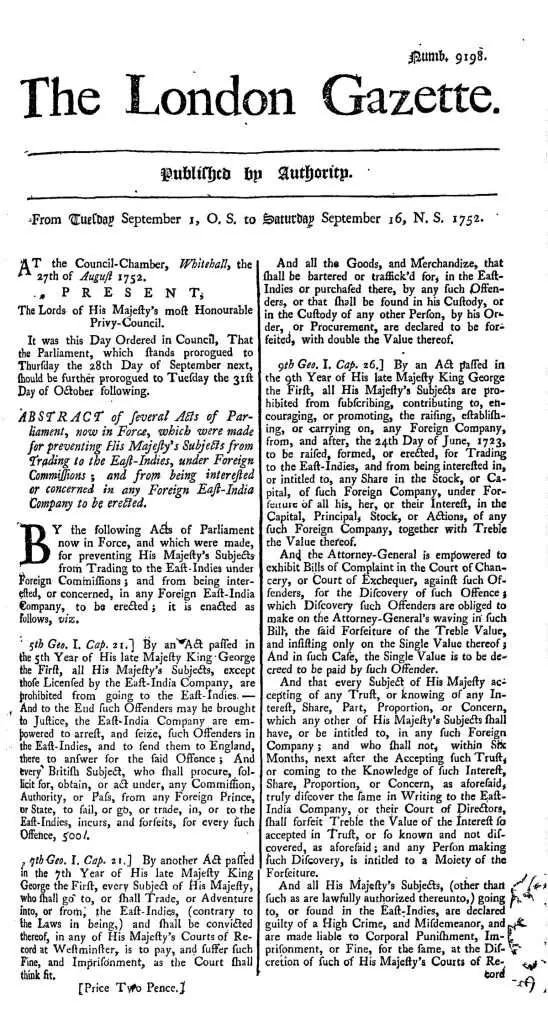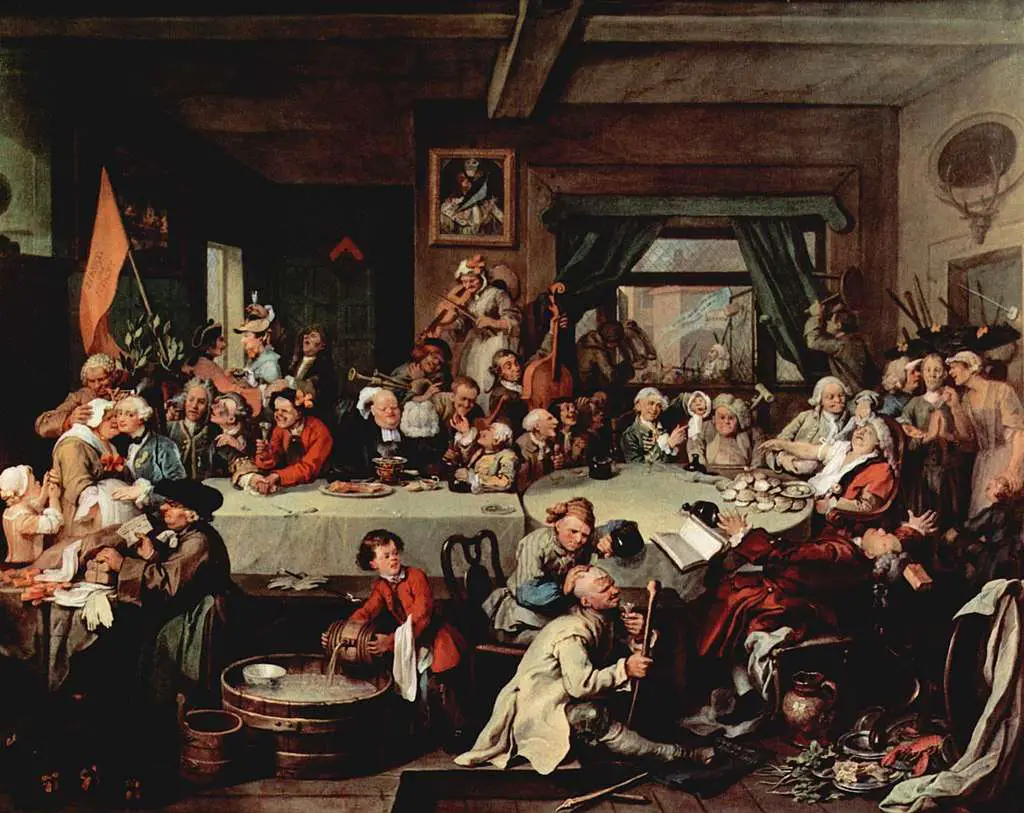The Julian calendar was adopted in Great Britain until 1752, when it was replaced by the Gregorian calendar. The British had to “catch up” by skipping eleven days because there was an eleven-day discrepancy between the two calendars. Therefore, according to a law passed by Parliament, on September 14, 1752, not September 3, was the day following September 2 in Great Britain and the British colonies. People in England are alleged to have rioted in large numbers as a result of the shift, demanding the reinstatement of the eleven “stolen” days. How did this come to be?

For 600 years, March 25, also referred to as “Lady Day,” was the first day of the year in England instead of January 1. Lady Day, also known as the “Feast of the Annunciation,” commemorates the angel Gabriel telling the Virgin Mary that she would give birth to the Messiah. In part because it conveniently coincided with the start of an agricultural year, England persistently clung to the custom of ringing in the new year on Lady Day, despite the rest of the Western World observing the holiday on January 1st.
Related: Why Queen Elizabeth known as the “Princess Auto Mechanic”? A Little-Known World War II Story
But in 1750, England ultimately gave in to pressure to follow the rest of the world and changed the date to January 1 (Scotland had done so 150 years earlier). At the same time, England also switched from the Julian to the Gregorian calendar. The year 1751 in England started on March 25 as usual but concluded on December 31, making it only 282 days long.
Another inconsistency has to be fixed in order for the “New Style” calendar to be used. Because the solar year was calculated incorrectly by 11 minutes when the old Julian Calendar was first employed in 46 B.C., it had a built-in flaw. Every 128 years, the calendar would “lose” a day as a result of the inaccuracy. Since the last leap year of a century was evenly divisible by 400, the Gregorian Calendar had found a solution by designating it as a leap year.

The Gregorian calendar progressively gained days throughout the ages, and by the time Great Britain adopted it, the date there was 11 days earlier than the date in the rest of the West (i.e., January 1 in England was January 13 elsewhere). By removing the eleven days in September, this misalignment was corrected. In Great Britain and the British colonies, the dates of September 3–13, 1752, simply never happened.
The “calendar riots,” which have long been alleged to have taken place when the alteration was made, were protests across Britain that called for the restitution of the eleven “lost” days, although most historians today think that these claims are untrue. But the shift was met with quiet opposition. When religious festivals were moved, for instance, many Brits expressed their displeasure and skepticism, leading many of them to continue celebrating Christmas on the customary day, which under the new calendar fell on January 6 rather than December 25. Some people actually believed that the law had cut their lives short by eleven days.
When dating events that took place during the period of change, there are additional ramifications. Taking George Washington as an example, he was born on February 11, 1731. The New Style Calendar Act, however, shifted the date of New Year’s Day forward 11 days, making February 22, 1732, the day we now consider to be his birth-date. Anyone looking for dates from this era will frequently find references to them like “1731/32,” for instance.

The picture shows English Whigs celebrating on election day while Tories demonstrate outside in William Hogarth’s 1755 painting “An Election Entertainment.” “Give us our Eleven Days” is written on a stolen Tory banner that is lying on the ground. It is thought that the “Calendar Riots” myth originated with this image, which was made fun of by electoral pranks.
Source: Historic UK, Wikipedia | All the information & photo credit goes to respective authorities. DM for removal please.

